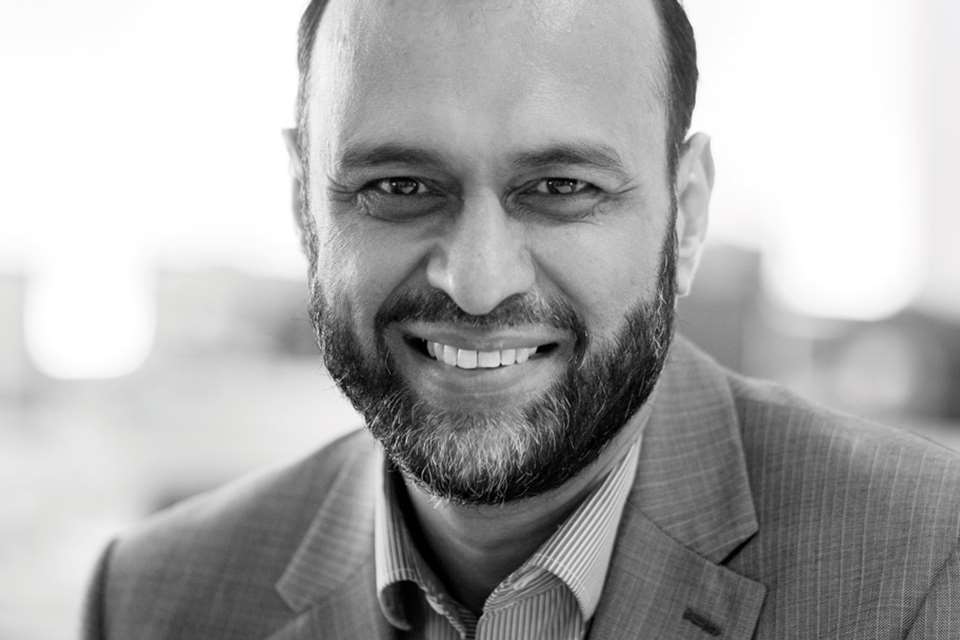Nurseries can play a role in improving children's well-being
Wednesday, April 19, 2017
As new research finds pupils in the UK have higher levels of anxiety and lower levels of life satisfaction, early years practitioners are being encouraged to consider their role in improving children’s well-being.

The OECD report, which compared students’ experiences around the world, highlights a number of challenges faced by school children in the UK, including high rates of bullying, unhappiness and anxiety, which is particularly prevalent among disadvantaged pupils and girls.
While the findings are based upon a survey of 540,000 15-year-olds in 34 countries, Natalie Perera, executive director and head of research at the Education Policy Institute (EPI), which launched the report an event in London today, told Nursery World that practitioners in early years settings and schools can play a role in improving children's well-being.
‘Today’s PISA report on student well-being finds that pupils in the UK are more likely to be bullied, have higher levels of anxiety and lower levels of life satisfaction, compared with the average across OECD nations,' she said. 'Policy makers and practitioners, including those that work in the early years, will need to consider the role that schools and early years settings can play in improving children’s well-being, including through early intervention and social and emotional support for children.’
Findings from the report reveal that despite the UK being just one of a handful of countries in which pupil performance is above average, young people have lower than average life satisfaction.
Only 28 percent of pupils surveyed in this country report that they are very satisfied with their lives, compared to an OECD average of 34 per cent.
It also found that almost a quarter of pupils in the UK had been bullied at least ‘a few times a month’, rising to 27 per cent for the most disadvantaged pupils. More than 14 per cent of UK children said they are bullied ‘frequently’. The EPI says this figure is significantly above the OECD average of 8.9 per cent, and the fourth highest of all 34 countries surveyed.
Other findings from the report show:
- The UK has the second biggest gap of all participating countries between the porportion of advantaged and disadvantaged pupils skipping breakfast - a difference of over 15 percent;
- almost 30 per cent of UK pupils do not eat breakfast before school, with the figure rising to over 35 per cent for the most disadvantaged pupils;
- there is an association between breakfast and attainment, with children who eat breakfast scoring higher than those who have skipped the meal;
- young people in the UK are among the highest users of the internet than other OCED countries. Almost a quarter (24 per cent) of UK pupils were considered ‘extreme internet users’ – that is using the internet for over six hours outside of school on a ‘typical weekday’, compared to an OECD average of 16 per cent;
- UK school children spend, on average, 188 minutes per school day online. This compares to 146 minutes for the average child across OECD countries.
The report also explores the association between school systems and young people’s well-being. In what it says could be regarded as a setback for the Government and its plans to create new grammar schools, it found separating students into different types of schools, could potentially have a negative impact on children’s expectations for, and beliefs in, themselves.
- Natalie Perera writes a monthly column in Nursery World. Read the latest column here







